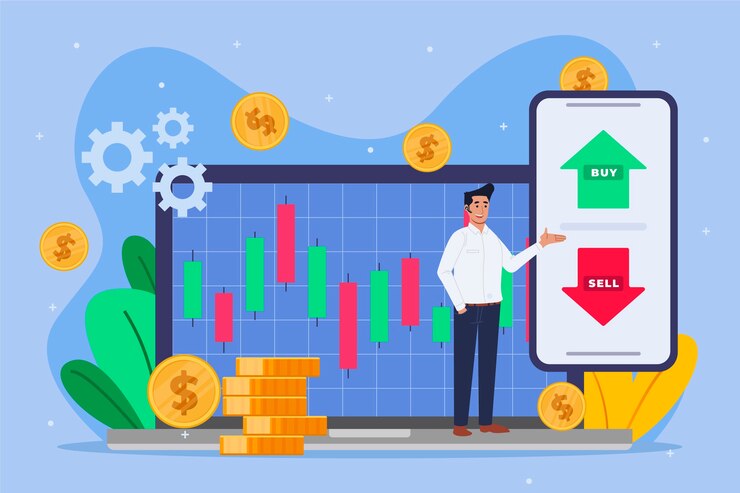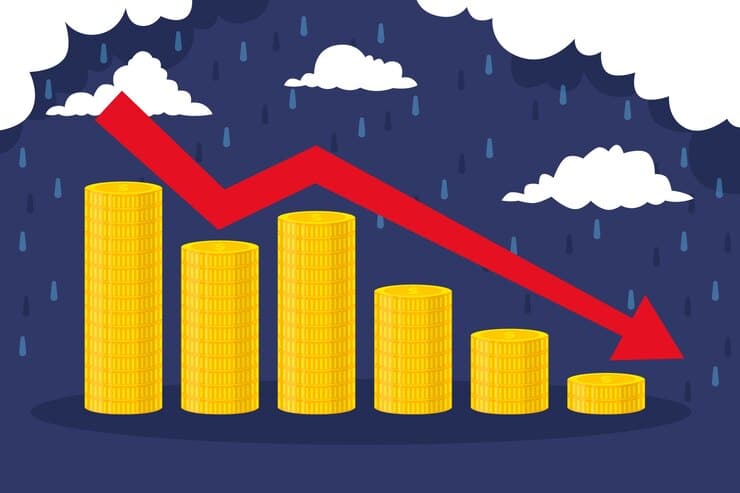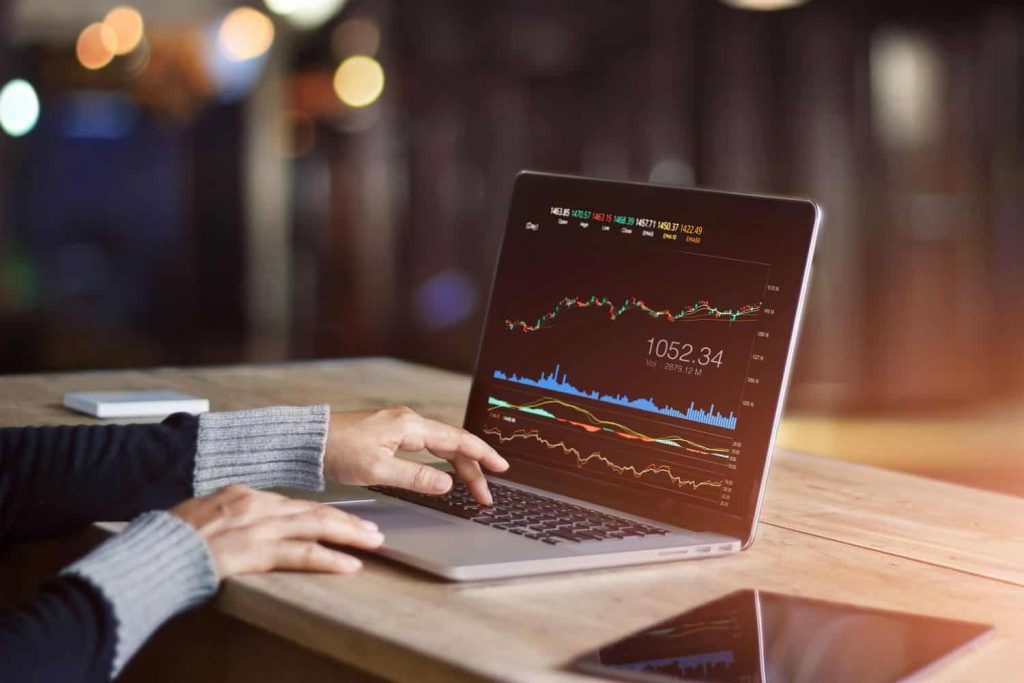
The Future of Online Forex Trading
- Deal within the Bid & Ask
- No Trading Desk
- Free Charts
- Single Click Execution
- No Re-quoting
- Continuous 24hr Liquidity
- Automated Stop Loss
- Trailing Stops
- Live Executable Prices
- Multiple Liquidity Providers
- Anonymous Trading
- No Price Manipulation
- Secure Internet Access
- Extensive Risk Mngt Tools
- Straight Through Processing
This innovative ECN has created a level playing field for all traders. The COESfx Level 1™ Trading Platform provides live executable “best-bid/best-offer” price quotes to banks, institutions, hedge funds and retail traders alike, making each participant, in effect, their own market maker
Active Forex Traders also have access to free customizable charts. We make it our business to see that your trading arsenal is filled with the tools and knowledge needed to be a successful trader.
Trade All Currency Pairs Including
- EUR/CHF
- AUD/USD
- EUR/CAD
- CHF/JPY
- GBP/USD
- EUR/JPY
- EUR/AUD
- CAD/JPY
- GBP/JPY
- USD/JPY
- AUD/CAD
- AUD/JPY
- NZD/USD
- USD/CHF
- GBP/AUD
- AUD/CHF
- EUR/USD
- USD/CAD
- GBP/CHF
- EUR/GBP
"Trade Spot Gold & Silver Live Quotes & Execution"
Revealing the Success Secrets that Only Seasoned Traders Know
Becoming a successful trader is often seen as a monumental task, filled with complexities and uncertainties. While many beginners enter the world of trading with high hopes, only a few manage to achieve consistent success. Read More
One of the most crucial secrets to successful trading is having a well-defined trading plan. This plan should include your trading goals, risk tolerance, preferred trading strategies, and criteria for entering and exiting trades. A solid trading plan acts as a roadmap, helping you make informed decisions and stay disciplined during market fluctuations. Why it matters: A trading plan helps eliminate emotional decision-making, which is a common pitfall for many traders. By sticking to a predefined plan, you can avoid impulsive trades based on fear or greed. Risk management is a cornerstone of successful trading. Seasoned traders understand that preserving capital is just as important as making profits. This involves setting stop-loss orders, managing position sizes, and diversifying your portfolio to spread risk. Why it matters: Proper risk management ensures that no single trade can significantly impact your overall portfolio. It allows you to stay in the game longer, giving you more opportunities to succeed. The financial markets are constantly evolving, and what worked yesterday may not work tomorrow. Successful traders are lifelong learners who continuously educate themselves about market trends, new trading strategies, and economic indicators. They also adapt their strategies based on market conditions and their own trading performance. Why it matters: Staying informed and adaptable allows traders to capitalize on new opportunities and avoid outdated strategies that may no longer be effective. Emotions can be a trader’s worst enemy. Fear and greed can lead to impulsive decisions that deviate from your trading plan. Successful traders maintain emotional discipline by keeping their emotions in check and sticking to their plan, regardless of market conditions. Why it matters: Emotional discipline helps you stay rational and objective, which is essential for making sound trading decisions. It prevents you from making trades based on panic or euphoria, which can lead to significant losses. Seasoned traders leverage technology and tools to enhance their trading performance. This includes using trading platforms with advanced charting tools, automated trading systems, and market analysis software. These tools help traders analyze market data, identify trends, and execute trades more efficiently. Why it matters: Technology can provide you with a competitive edge by enabling faster and more accurate decision-making. It also helps you stay organized and informed, which is critical for successful trading. Market psychology refers to the collective behavior and sentiment of market participants. Successful traders have a deep understanding of market psychology and use it to their advantage. They recognize patterns in market behavior and sentiment that can indicate potential trading opportunities. Why it matters: By understanding market psychology, you can anticipate market movements and make more informed trading decisions. This can give you an edge over traders who only rely on technical or fundamental analysis. Keeping a trading journal is a secret weapon for many seasoned traders. A journal allows you to record your trades, including the rationale behind each trade, the outcome, and any lessons learned. Reviewing your journal regularly can help you identify patterns in your trading behavior and make necessary adjustments. Why it matters: A trading journal provides valuable insights into your trading performance and helps you identify strengths and weaknesses. It also promotes accountability and continuous improvement. Networking with other traders can provide you with new insights and perspectives. Seasoned traders often participate in trading communities, attend seminars, and engage in discussions with other traders. This helps them stay informed about market trends and share knowledge. Why it matters: Networking allows you to learn from the experiences of others, stay updated on market developments, and gain support and motivation from fellow traders. Success in trading doesn’t come overnight. It requires patience and persistence. Seasoned traders understand that losses are part of the journey and that consistency and dedication are key to long-term success. Why it matters: Patience and persistence help you stay focused on your long-term goals and avoid the frustration that can come from short-term setbacks. Finally, successful traders trust their process. They have confidence in their trading plan, risk management strategies, and their ability to navigate the markets. This trust is built over time through experience and continuous learning. Why it matters: Trusting the process helps you stay committed and disciplined, even during challenging market conditions. It allows you to remain focused on your strategy and long-term goals. By incorporating these success secrets into your trading routine, you can enhance your trading performance and increase your chances of achieving long-term success. Remember, trading is a journey, and continuous improvement is key to staying ahead in the ever-evolving financial markets. 1. Develop a Solid Trading Plan
2. Master Risk Management
3. Continuous Learning and Adaptation
4. Maintain Emotional Discipline
5. Utilize Technology and Tools
6. Understand Market Psychology
7. Keep a Trading Journal
8. Network with Other Traders
9. Patience and Persistence
10. Trust the Process
Unlocking the Forex Market: Navigating the Journey from Novice to Seasoned Trader
The forex market, with its allure of quick profits and round-the-clock trading, attracts countless newcomers each day. Yet, beneath its glossy surface lies a labyrinth of complexities Read More
Novice traders often enter the forex market with dreams of fast wealth and financial independence. They see flashy advertisements promising overnight riches and are lured by the prospect of making money with just a few clicks. However, they soon realize that trading is far from easy. The forex market is volatile and unpredictable, and success requires more than just luck. Novices must understand that profitable trading demands patience, discipline, and a deep understanding of market dynamics. Many novice traders dive headfirst into forex trading without adequate education or preparation. They open an account, place a few trades based on gut feelings or tips from friends, and hope for the best. However, trading without a solid foundation is akin to navigating a ship without a compass. Novices are often unaware of fundamental concepts such as risk management, technical analysis, and market psychology. Without this knowledge, they are at the mercy of the market and are likely to fall prey to common pitfalls. One of the most critical aspects of successful trading is risk management, yet it is often overlooked by novice traders. They may allocate too much capital to a single trade, fail to set stop-loss orders, or ignore the potential downside altogether. As a result, they expose themselves to excessive risk and suffer devastating losses when trades turn against them. Seasoned traders, on the other hand, understand the importance of preserving capital and employ sophisticated risk management techniques to mitigate losses and protect their profits. Emotions play a significant role in trading, and novice traders are particularly susceptible to their influence. Fear, greed, and hope can cloud their judgment and lead to irrational decision-making. They may panic sell during market downturns, chase after losing trades in a desperate attempt to recoup losses, or hold onto winning positions for too long, only to see profits evaporate. Seasoned traders, however, have learned to master their emotions and remain disciplined in the face of adversity. They follow a well-defined trading plan and stick to their strategy regardless of market fluctuations. Seasoned traders didn’t become successful overnight. They honed their skills through years of experience, trial and error, and continuous learning. They understand that there is no one-size-fits-all approach to trading and have developed their unique edge based on their personality, risk tolerance, and market expertise. Whether it’s mastering a specific trading strategy, staying abreast of market news and developments, or refining their technical analysis skills, seasoned traders are constantly evolving and adapting to stay ahead of the curve. In conclusion, navigating the forex market is a journey fraught with challenges and uncertainties, especially for novice traders. By recognizing the pitfalls that await them, gaining a solid education, embracing risk management, mastering their emotions, and committing to continuous learning, novices can increase their chances of success and eventually join the ranks of seasoned traders who have found their edge in this dynamic and ever-evolving market. The Illusion of Easy Money
Lack of Proper Education
Overlooking the Importance of Risk Management
Emotions: The Achilles’ Heel of Novice Traders
Finding Your Edge: Experience and Continuous Learning
Demystifying the Markets: An Introduction to Technical Analysis for Crypto Trading
The world of cryptocurrencies thrives on volatility, offering lucrative opportunities alongside inherent risks. Read More
Technical analysis focuses on analyzing historical price data and chart patterns to identify trends, predict future price movements, and make informed trading decisions. Unlike fundamental analysis, which focuses on a company’s financial health and future prospects, TA solely relies on price and volume data to understand market sentiment and potential future behavior. Technical analysis is a valuable tool for crypto traders, offering insights into potential price movements based on historical data and chart patterns. By understanding candlestick charts, support and resistance levels, and popular indicators like RSI, MACD, and Bollinger Bands, you can gain a deeper understanding of the crypto market and make more informed trading decisions. However, remember that technical analysis is just one piece of the puzzle. Always conduct thorough research, consider other factors, and prioritize risk management strategies before making any crypto trades. The Core Principle: Decoding the Charts
Essential Technical Analysis Tools:
Popular Technical Indicators:
Limitations of Technical Analysis:
Conclusion:
Weathering the Storm: Forex Risk Management Strategies for Volatile Markets
The foreign exchange (forex) market, while offering vast opportunities, is inherently volatile. Unforeseen economic events, central bank policy changes, Read More
Forex market volatility presents both opportunities and challenges: Several core risk management strategies can help you navigate volatile forex markets: For experienced forex traders, additional techniques can further enhance risk management: Effective risk management is not just about avoiding losses; it’s about protecting your capital and ensuring your long-term trading success. By implementing these strategies and tailoring them to your individual trading style and risk tolerance, you can approach volatile forex markets with greater confidence and make informed decisions that enhance your chances of success. Remember, forex trading is inherently risky, and there is no guaranteed path to success. Always conduct thorough research, understand the risks involved, and never invest more than you can afford to lose. As technology advances and the forex market continues to evolve, so too will risk management practices: By embracing a disciplined approach to risk management, forex traders can navigate volatile markets with greater confidence and resilience. By understanding the core risk management strategies, adapting them to your individual trading style, and staying informed about the evolving risk management landscape, you can position yourself for long-term success in the dynamic world of forex trading. Volatility: The Double-Edged Sword of Forex Trading
The Pillars of Forex Risk Management: Essential Strategies
Beyond the Basics: Advanced Risk Management Techniques
The Importance of Risk Management in Volatile Markets
The Evolving Landscape of Risk Management
Conclusion: Building Resilience in Volatile Markets

 Revealing the Success Secrets that Only Seasoned Traders Know
Revealing the Success Secrets that Only Seasoned Traders Know 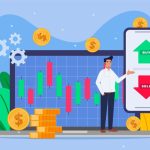 Unlocking the Forex Market: Navigating the Journey from Novice to Seasoned Trader
Unlocking the Forex Market: Navigating the Journey from Novice to Seasoned Trader  Demystifying the Markets: An Introduction to Technical Analysis for Crypto Trading
Demystifying the Markets: An Introduction to Technical Analysis for Crypto Trading 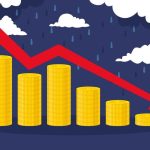 Weathering the Storm: Forex Risk Management Strategies for Volatile Markets
Weathering the Storm: Forex Risk Management Strategies for Volatile Markets  Beyond the Basics: Advanced Risk Management Strategies for Intermediate Traders
Beyond the Basics: Advanced Risk Management Strategies for Intermediate Traders 
